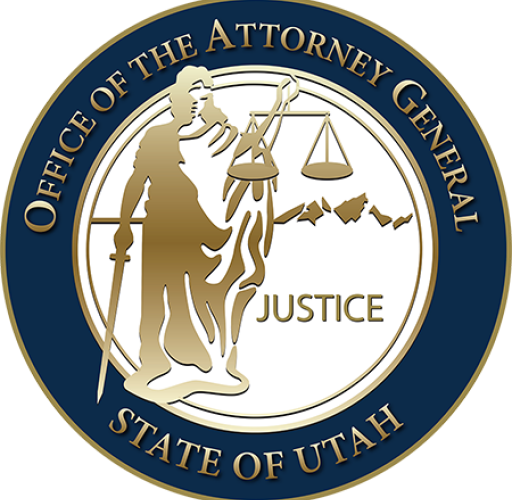SALT LAKE CITY November 23, 2016 – Late yesterday, a federal judge granted a nationwide preliminary injunction against the U.S. Department of Labor’s new Overtime Rule. Utah Attorney General Sean Reyes joined the twenty-one state coalition that successfully challenged the rule.
“This rule has been touted as worker friendly but is just the opposite. Unfortunately, this kind of federal and bureaucratic overreach has been all too frequent under the current administration, which has allowed the Department of Labor to effectively rewrite the Fair Labor Standards Act,” said Attorney General Reyes. “In particular, the administration assumes that through force of will alone, it could order a new economic reality into existence. The finalized overtime rule harms local businesses, slows the economy, and hurts American workers. It limits workplace flexibility without a corresponding increase in pay, forcing employers to cut their workers hours. All in all, it exchanges the advantages of negotiated benefits, personal to each worker, with a one-size-fits-all standard that looks good only in press statements. We can do better than this for American workers.”
Under the federal Fair Labor Standards Act, employees are entitled to overtime pay at one-and-a-half times their regular hourly rate for all hours worked above forty per week. But certain kinds of employees — including “white collar” employees — have long been exempt by statute from that overtime requirement. Under Department of Labor regulations, whether employees qualified as “white collar” employees turned in part on their salary, so the new Overtime Rule more than doubled the salary threshold at which employees would qualify for that exemption. But the district court found that the new rule was unlawful because Congress intended the “white collar” exemption “to depend on an employee’s duties rather than an employee’s salary.”
In granting the injunction, U.S. District Judge Amos Mazzant admonished: “the Final Rule . . . is contrary to the statutory text and Congress’s intent” and “Congress, and not the Department, should make that change.”
Because of the court’s injunction, the new rule will not take effect on December 1, 2016 anywhere in the nation.
The court’s preliminary injunction can be found here.
# # #


